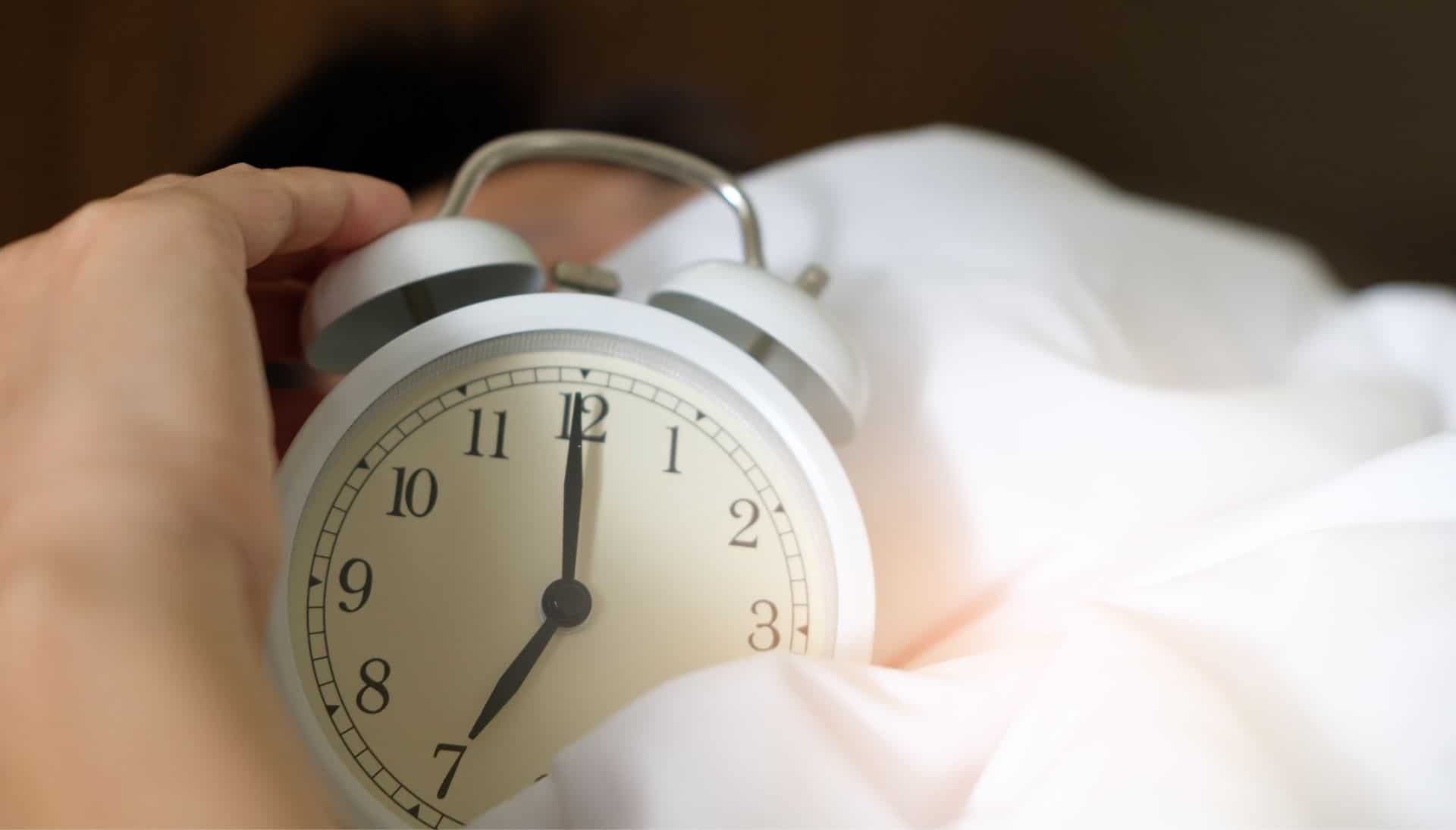World Sleep Day 2022 – Tips For Good Sleep

World Sleep Day 2022 is on March 18th – an initiative launched by a group of healthcare providers to raise awareness of the key role sleep plays in maintaining our physical and mental health. The theme for this year is ‘Quality Sleep, Sound Mind, Happy World’ and the organisers are encouraging volunteers across the globe to stage events that highlight the importance of sleep and promote ways participants can create better sleep habits.
Sleep is nature’s way of resetting and restoring our minds and bodies and is as essential to our wellbeing as eating, drinking and breathing – we can’t live without it. The experts behind World Sleep Day define the three essentials of quality sleep as duration (ensuring you have sufficient sleep to feel rested next day), continuity (seamless sleep periods without fragmentation) and depth (sleep that is deep enough to be restorative). So as our contribution to World Sleep Day, here are our top six tips for forming good sleep habits that can help to ensure each night gives you the benefits of long, continuous and deep sleep.
1. Brighter Days
Your circadian rhythm is your body’s natural clock, helping to keep you awake during the day and telling you when it’s time to fall asleep at night. Exposure to natural daylight keeps your circadian rhythm on track, improving daytime energy as well as night-time sleep quality. Try to make sure you spend time outdoors each day, giving your body a clear signal to be awake and so reinforcing the message to sleep when light levels are reduced. Daytime exercise is also known to improve sleep quality, with outdoor exercise giving your chances of a healthy night’s sleep a double boost.
2. Darker Nights
Just as daylight boosts our energy, reducing bright light before bedtime gives our bodies a clear message to wind down. Blue light from laptops, phones and TV screens in particular activates the brain, increasing alertness and delaying the release of sleep-inducing hormone melatonin. So, health experts recommend that you stop using screens for at least two hours before bedtime. Here at Noble Isle, we like to end the day with candlelight. Our Fireside Glow Three Wick Candle, with its sensuous aroma of pepper, ginger and vanilla, is a favourite to evoke the sense of sitting in front of the dying embers of a log fire – and it works all year round!
3. Avoid Stimulants
Along with screen time, try to avoid caffeine, alcohol and rich food in the hours before bedtime. The National Sleep Foundation recommends your last meal of the day should be two to three hours before bedtime while studies in the Journal for Clinical Sleep Medicine indicate that even six hours before bedtime, caffeine intake can reduce sleep by an hour. Alcohol can make us spend less time in the restorative REM (rapid-eye-movement) sleep our bodies need. For the soothing pleasures of a nightcap without the alcohol, try the reed diffuser or candle from our Whisky & Water collection, enriched with malted barley from the Balvenie distillery in Scotland to evoke the woody, spicy aroma of the best straight malts.
4. Wind Down
Establishing a wind-down routine helps your body and mind to recognise that it’s bedtime. First, try to go to bed and wake up at a consistent time. Then switch off your screens a couple of hours before bed and turn to more soothing activities such as listening to music or reading. You might also like to try relaxation techniques such as deep breathing – a simple but effective exercise involves breathing in deeply and exhaling fully, then slowing the exhalation until it lasts twice as long as the inhalation.
5. Soak or Shower
Your temperature naturally drops during sleep, so to stimulate the process, treat your body to a hot soak or shower before bedtime to induce a drop in temperature as you cool down. This will automatically make you feel drowsy and relaxed, setting your body clock for a night of healthy sleep. You can browse our collection of Luxury Bath & Shower Gels here – inhale, enjoy and prepare for slumber.
6. Optimise Your Sleep Space
External noise or light can ruin our efforts to relax and drop off, so reduce both to a minimum to make your bedroom a calming haven. Temperature is also important: to induce a drop in body temperature, bedrooms should be cooler than living spaces, probably somewhere between 15C and 20C. Scent can send out important signals, and certain aromas have been found to lower the activity in your nervous system. Reed diffusers and scented candles both release calming fragrances – among our most relaxing are Willow Song, Tea Rose and Lightning Oak.
